15th Jun 2022
How To Treat Thyroid Resistance and a Reverse T3 Issue? (Answer by David Borenstein, MD)
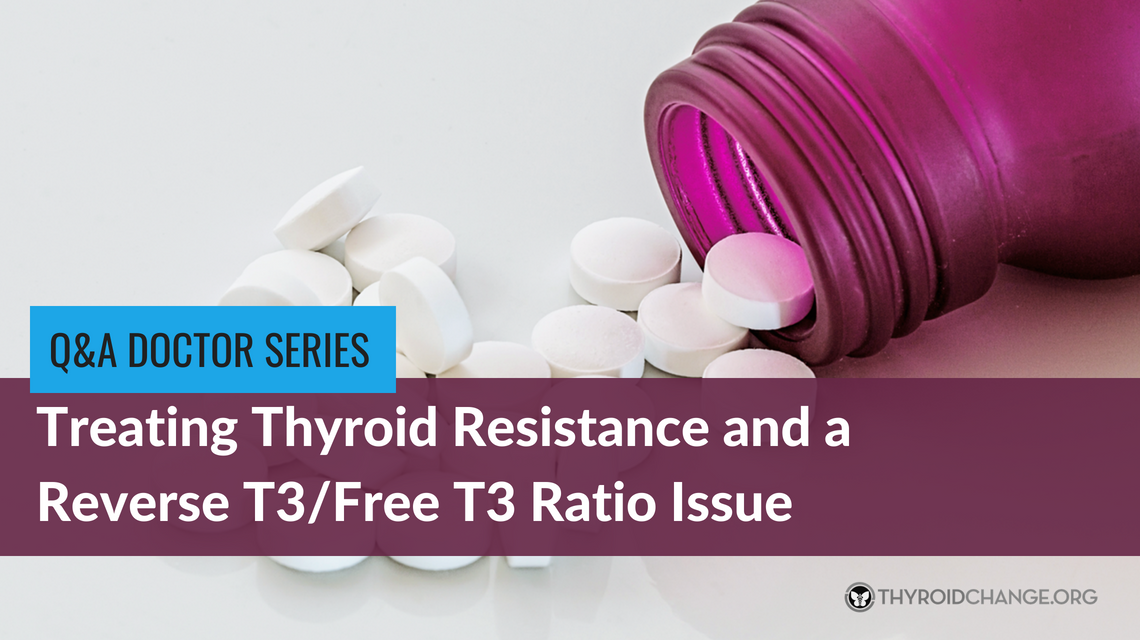
Patient Question
Submitted by Justine W.
Rochester, MI, USA
I’m currently on T3-only (Cytomel) to address thyroid hormone resistance (I also have adrenal issues which my doctor is addressing). I’m confused about how I will know if I’m ready to introduce NDT or T4-only medication to my T3-only medication. My main questions are below:
1. What indicators tell you that a patient is ready to introduce T4-only medication or natural desiccated thyroid medication to their T3-only medication that he/she might have been on for thyroid hormone resistance?
2. What are optimal values for Reverse T3? How do you evaluate Reverse T3 and Free T3? Is there an optimal ratio between the two labs?
David Borenstein, MD of Manhattan Integrative Medicine is one of New York’s leading practitioners in integrative medicine, thyroid conditions, and hormonal imbalance. In the article, Dr. Borenstein answers a patient question regarding thyroid hormone resistance, reverse T3 issues, free T3/reverse T3 ratios, and how to treat thyroid resistance and T4>T3 conversion issues.
Hi Justine. Thank you for your questions. Let me address your questions in 3 parts:
1. What Is Thyroid Hormone Resistance?
Thyroid hormone resistance (cellular restistance) refers to the situation where T3 — the active thyroid hormone — is not able to effectively enter cells — delivering oxygen and energy.
This leaves people hypothyroid at the cellular level. They are physiologically hypothyroid, and may experience hypothyroid symptoms, but TSH, and even Free T4 and Free T3 may appear to fall within the “normal” reference range.
Problems Affecting Thyroid Hormone Replacement
There are several factors that can contribute to problems with affectively utilizing thyroid hormone replacement:
- Conversion Issues: In some cases, there is insufficient Free T3 — unbound, available T3 — to sufficiently meet the body’s needs. Insufficient Free T3 can be due to the body’s ability to convert T4 into T3 – as a result of chronic stress, adrenal dysfunction, genetic factors and/or nutritional deficiencies, among other causes.
- Insufficient T3: In other cases, even if conversion IS taking place, there is simply not enough Free T3 to “do the job”, because there is not enough Free T4 available for conversion or the conversion is imperfect.
- Thyroid Hormone Resistance (cellular resistance): And this is what you are describing, cellular resistance, where cells essentially block the T3 from entering. This can be due to genetic issues, high Reverse T3, or it can result from the presence of thyroid-like substances that mimic thyroid hormone and block the transport ability of the T3 to get into cells. Some of these thyroid-like substances include estrogens and phytogestrogens – such as soy.
It’s important to remember that T4 (the “storage” thyroid hormone) is converted into either T3 or Reverse T3.
T3 is the “active” thyroid hormone that is used and needed by every cell of the body. On the other hand, Reverse T3 is an “inactive” form of T3 that does not deliver oxygen and energy to cells. Instead, it merely serves as the “brakes” to prevent too much T3 from entering the cells. With high Reverse T3, however, it can block the cell’s ability to take on sufficient active T3.
Reverse T3 production goes up and may get too elevated during periods of chronic stress, illness, or in the presence of nutritional deficiencies.
Treating With T3-Only Medication
To treat a thyroid hormone resistance issue, some physicians prescribe a straight T3 medication — a synthetic form of T3 — whether in form of the brand name Cytomel, the generic liothyronine, or a time-released or sustained-release preparation of liothyronine prepared by a compounding pharmacy.
The idea is that by providing the active T3 hormone, the T3 will flood the cells and resolve the cellular hypothyroidism, and in some cases, help to overcome thyroid resistance, and transport problems, which the causes of these issues are addressed.
Some of my patients have found that they feel best on T3-only thyroid hormone replacement.
Working On Underlying Issues
At the same time, I also work on treating underlying issues that are ultimately causing either the cellular resistance or T4-T3 conversion issues such as:
- Optimizing and balancing adrenal function: Ideally, we want to see a healthy and sufficient cortisol levels throughout the day, following the normal daily cortisol curve that includes highest cortisol levels in the morning. This can involve dietary changes, supplements and adaptogenic herbs, lifestyle changes and stress management, treating underlying chronic infections, and in some cases, DHEA and pregnenolone supplementation, and prescription hydrocortisone treatment.
- Dealing with nutritional deficiencies and imbalances: Particularly in the areas of B vitamins, tyrosine, selenium, iodine, Vitamin D, and iron.
- Dealing with other hormone imbalances: Including estrogen, progesterone, and testosterone.
- Dealing with any gut and digestive issues: Including food sensitivities, gluten or wheat intolerance or sensitivity, inflammation in the intestines (“leaky gut”) and other issues that impair absorption. These issues are addressed through dietary changes and supplementation.
When To Introduce T4 Medication?
When patients have achieved a healthy adrenal balance without the need for supplemental hydrocortisone, and do not have any other areas of significant nutritional or hormonal imbalance, or gut/digestive dysfunction we can consider a switch to a combinationT4/T3 medication.
I don’t typically switch from a T3-only therapy to a T4-only therapy, as the majority of my hypothyroid patients — even those without a history of adrenal imbalance or elevated Reverse T3 — typically feel their best and have optimal thyroid function on a T4/T3 combination therapy of some sort.
I would typically introduce a small amount of synthetic T4, and then recheck in 8 to 12 weeks (TSH, Free T4, Free T3 and Reverse T3) to determine if that T4 is converting properly.
- If the Reverse T3 is elevated and the Free T3 is low, this tells me that conversion is not likely happening.
- If conversion is happening, and symptoms haven’t worsened, I would increase the dose of synthetic T4, and drop the T3 to compensate, and again, recheck.
- If a patient has a strong preference, or a past history of doing better with natural desiccated thyroid (NDT), I can instead introduce NDT, and again, follow the same process of rechecking and recalibrating.
All in all, it’s a trial and error process that takes time, that relies on not only testing, but careful assessment of symptoms, to determine at which point to stabilize the thyroid treatment approach.
______
2. What Is a Reverse T3 and Free T3 Ratio?
Reverse T3 can be measured by a blood test. Some amount of Reverse T3 is considered normal. But high or high-normal Reverse T3 can be evidence that T3 is not reaching the cells, meaning that some degree of resistance is present, and T3 therapy may be indicated in a hypothyroid patient.
Some physicians compare the ratio of T3 to Reverse T3, and consider certain cutoff points to be evidence of dysfunction. For example, some physicians feel that the Free T3/Reverse T3 ratio should be at least 20. (That means, that if Reverse T3 is 10, Free T3 should be at least 200.)
When Total T3 is used (Free T3 measurement is preferable) the Total T3/Reverse T3 ratio should fall above 10.
Keep in mind that you need to use the same unit of measurement for the Free T3 (or Total T3), and the Reverse T3.
These measurements are:
* pmol/L – Picomoles per liter
* pg/Ml – Picograms per milliliter
* pg/Dl – Picograms per deciliter
* ng/Dl 0 Nanograms per deciliter
If you have results in two different units, then convert to the same units. there’s a handy online converter at the EndMemo site, at www.endmemo.com/sconvert/pg_mlng_dl.php
______
3. How To Lower Reverse T3?
To lower a high Reverse T3, one must do comprehensive investigative work to determine what is causing it, as mentioned above. Lowering Reverse T3 can be complicated and requires patience. It is is best to work under the guidance of a knowledgeable practitioner who can help thyroid patients best determine the most effective approaches for them, which can include any or a combination of the following approaches:
- Changing the T4/T3 ratio in thyroid hormone replacement medications, or switching to a T3-only drug
- Addressing adrenal deficiencies and balancing adrenal function
- Managing chronic physical stress, such as infections, allergies, sensitivities
- Managing chronic life stress, including lack of sleep, emotional stress
- Testing for and managing ferritin deficiency
- Nutritional and digestive support
- Detoxification and liver function support
With a comprehensive approach of identifying root causes to thyroid hormone resistance and a high Reverse T3, while building and balancing a strong foundation for good hormone and metabolic health, optimal thyroid health can be achieved.
ThyroidChange Q&A Doctor Articles brings some of the world’s leading experts in thyroid healthcare together to answer your important questions. These articles aim to highlight the best practices in thyroid healthcare to an international audience. Click here to read more Q&A Doctor articles.
About the Contributor
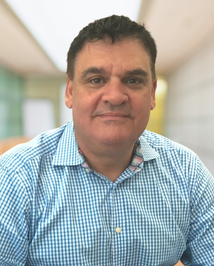
David Borentein, MD (www.davidborensteinmd.com) is one of New York’s leading integrative medicine physicians located at Manhattan Integrative Medicine. He specializes in thyroid disease, adrenal fatigue, and other metabolic disorders. Dr. Borenstein is certified with the American Academy of Anti-Aging Medicine and with the American Academy of Environmental Medicine. Dr. Borenstein has also held many prestigious clinical appointments and positions in leading medical facilities and is published in the European Journal of Ultrasound, among other publications.
SIMILAR ARTICLES
More like this...
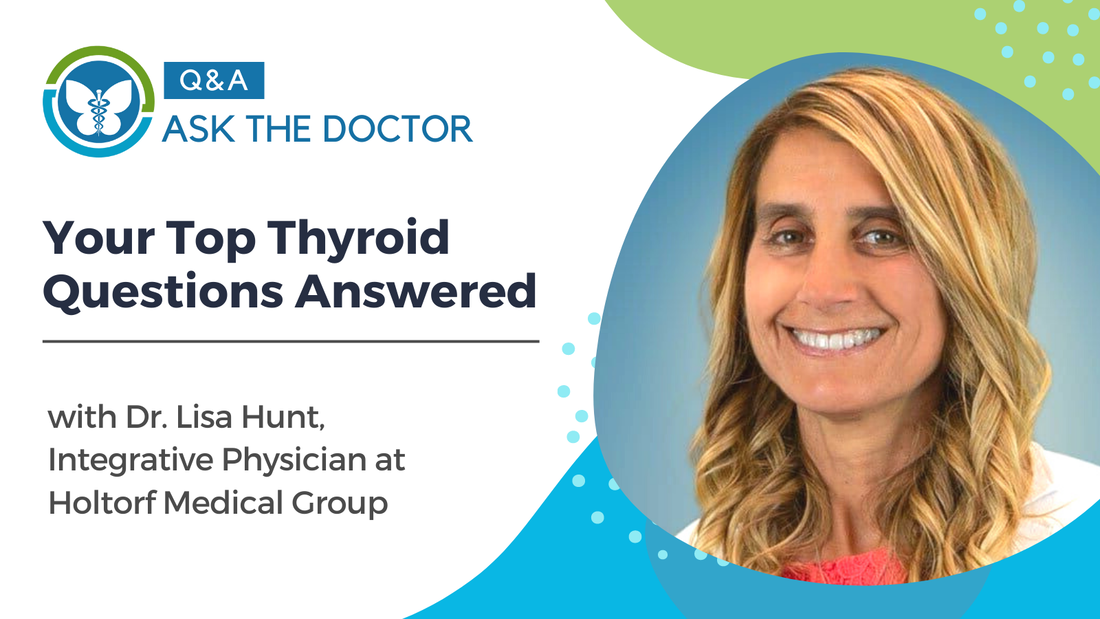
15th Jun 2022
Your Top Thyroid Questions Answered: Q&A with Dr. Lisa Hunt of Holtorf Medical Group
I had the pleasure of speaking with Lisa Hunt, D.O., an integrative physician at Holtorf Medical Group (www.holtorfmed.com) in El Segundo, CA a short while ago. I polled my audience and your top thyroid-related questions are answered here by Dr. Hunt. Dr. Hunt is a board-certified integrative physician and has extensive experience in thyroid health, hormone replacement, immune dysfunction and chronic conditions.
Read Article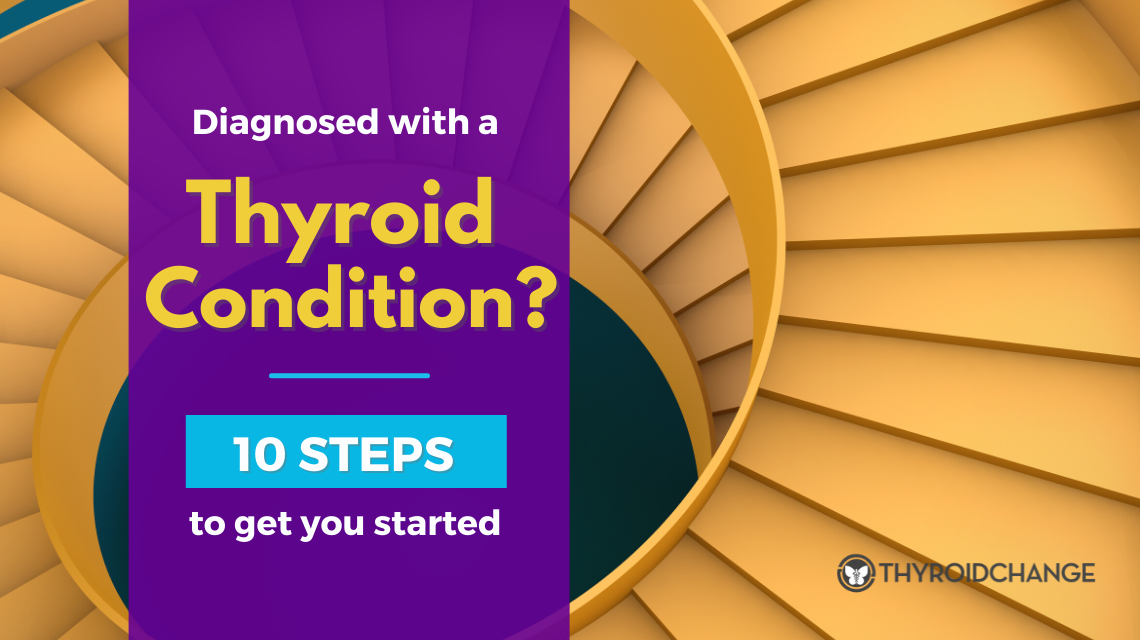
15th Jun 2022
Diagnosed With a Thyroid Condition? 10 Steps to Get You Started
Pursuing proper treatment and an overall healthy lifestyle that includes eating well and exercising can help you manage a thyroid condition. But what else can you do to live well with and thrive with your condition? The information can be overwhelming and Annabel Bateman, thyroid health advocate and author, has created this guide to walk you through essential lifestyle tips once you have been diagnosed.
Read Article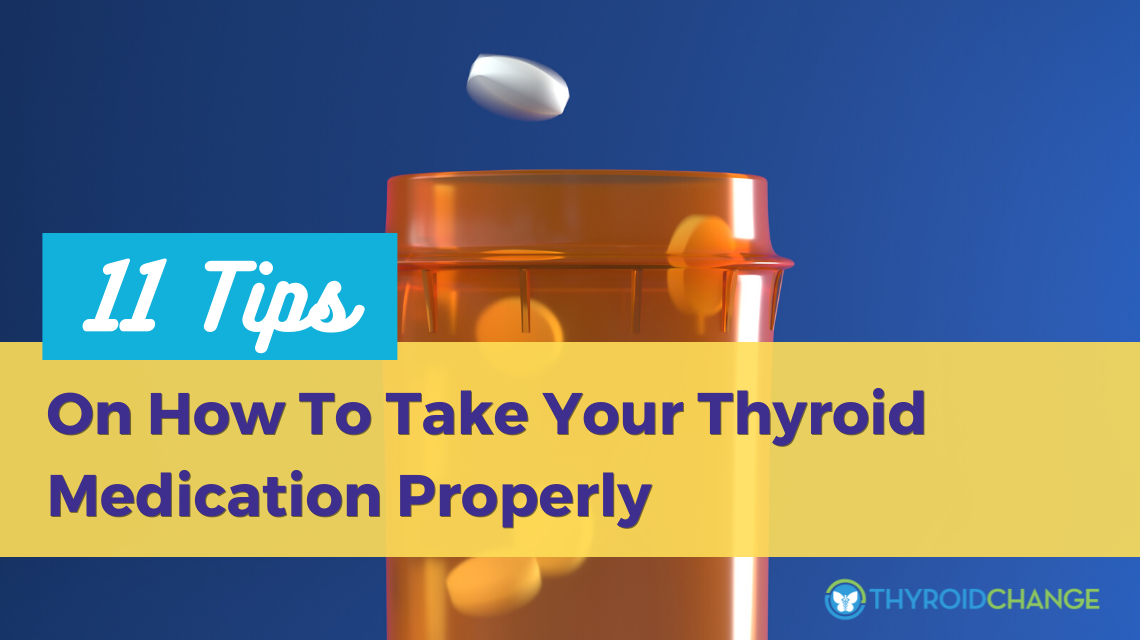
15th Jun 2022
11 Tips On How To Take Your Thyroid Medication Properly
Are you taking your thyroid hormone replacement medication correctly? Did you know that how and when you take your thyroid medication can affect your ability to absorb the necessary hormone properly? In the article below, I investigate the factors that contribute to correctly (or incorrectly) taking thyroid replacement hormone and on how thyroid patients can get the most out of their medication.
Read Article